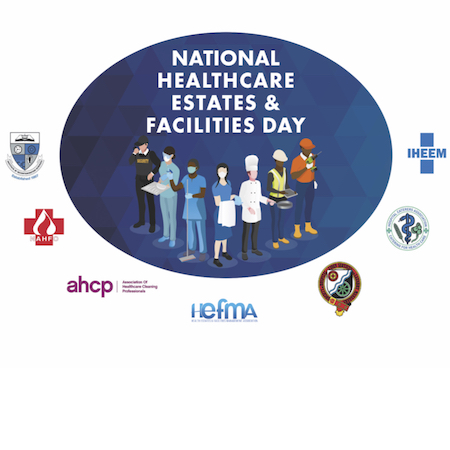The Royal College of Emergency Medicine (RCEM) has launched a new initiative to measure and reduce the environmental impact of Emergency Departments across the UK.
GreenED aims to drive environmentally sustainable practices within the speciality of Emergency Medicine. At its heart is the first sustainability framework designed specifically for a secondary care setting. The framework outlines evidence-based actions, divided into bronze, silver and gold levels, accompanied by guidelines and the resources required to help achieve them. These actions will boost the environmental sustainability of Emergency Departments, contribute to net zero targets, create financial savings and maintain – or improve – patient care.
On successful completion of all actions at a given level, sites will receive formal accreditation by RCEM which will recognise the department’s commitment to environmentally sustainable Emergency Medicine practices.
A Toolkit is available via the website and a video outlines the initiative and some of the actions, such as improved recycling and separation of clinical waste, along with wider resources through the site’s Resources Hub. Data collection tools, calculators to measure impact, monthly online support sessions and tailored one-to-one feedback are also available.
GreenED was inspired by and developed with University College London's Laboratory Efficiency Assessment Framework (LEAF), and is supported by Greener NHS.
NHS England has provided support and funding for the development of the online version of the GreenED framework 2.0, accreditation scheme, and accompanying resources.
Subscription to the GreenED programme opens this month (July), and can be led by Emergency Departments or Sustainability Leads.











